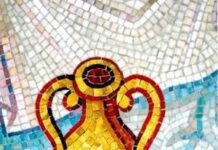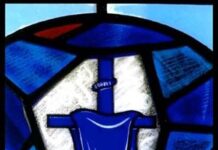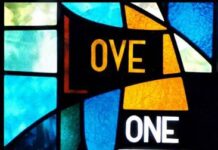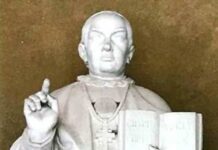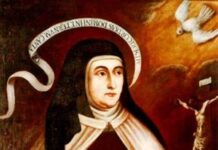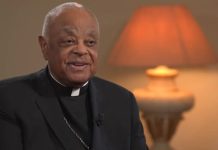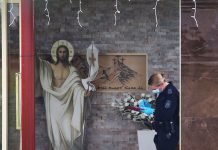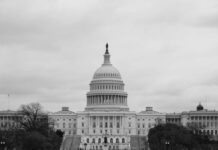Washington D.C., Jun 3, 2021 / 14:21 pm
The Archdiocese of Vancouver has promised transparency and support for burial and identification efforts, following the discovery of unmarked Indigenous graves at a former Church-run residential school in Kamloops.
In a June 2 letter to First Nations governments and other Indigenous populations, Archbishop J. Michael Miller, CSB of Vancouver expressed a “deep apology and profound condolences to the families and communities that have been devastated” by the discovery of the remains of 215 children at the site of the former Kamloops Indian Residential School. The children were buried in unmarked graves, and it is unclear how they died.
“Each time new evidence of a tragedy is revealed, or another victim comes forward, countless wounds are reopened, and I know that you experience renewed suffering,” the archbishop said to the First Nations and other Indigenous communities.
The remains of the children were discovered in mid-May through the use of ground-penetrating radar. At least 51 children had already been reported dying while attending the school..
In the letter, Miller repeated his 2013 apology to the Indigenous populations for the abuses that occurred in Church-run residential schools, saying that he remains “committed and accountable” to those words.
“I wish to apologize sincerely and profoundly to the survivors and their families, as well as to those subsequently affected, for the anguish caused by the deplorable conduct of those Catholics who perpetrated mistreatment of any kind in these residential schools,” said Miller.
The residential schools were funded by the former Canadian Department of Indian Affairs, and were administered by Christian organizations including Catholic religious orders. The Kamloops Indian Reservation School was opened in 1890, under administration of the Catholic Church. It was operated by the Oblates of Mary Immaculate from 1893 until 1969 when the government took control of the school.
Archbishop Miller said that “the Church was unquestionably wrong in implementing a government colonialist policy which resulted in devastation for children, families and communities,” and that his apologies “must be accompanied by tangible actions that foster the full disclosure of the truth.”
Truth, he said, must come before reconciliation can be reached.
The archbishop said that he would commit to five “first steps” to support the First Nations and other Indigenous people impacted by the discovery of the graves.
Miller pledged to be “fully transparent with our archives and records regarding all residential schools,” adding that he would “strongly urge” other Catholic and government organizations to be transparent as well.
He said that records related to the Kamloops Indian Residential School, located in the territory of the archdiocese until 1945 when the Diocese of Kamloops was created, were given to the Truth and Reconciliation Commission.
The Truth and Reconciliation Commission, active from 2008 until December 2015 when it published its final report, aimed to reveal the history of the residential schools and uncover abuses.
Canada’s residential school system operated from the 1870s until the last school closed in 1996. First Nations, Inuit, and Metis children were separated from their families and sent to the schools, established by the federal government and run by members of Christian denominations, to force assimilation and strip them of familial and cultural ties, the commission report found.
According to the commission, an estimated 4,000 to 6,000 students died as a result of neglect or abuse in the schools.
Chief Roseanne Casimir of the Tk̓emlúps te Secwépemc band stated on May 27 that the unmarked graves were “spoken about but never documented by the Kamloops Indian Residential School.”
Miller said that the archdiocese will offer “mental health support and counseling for other family members and others” who are possibly related to those found buried at the school. The archdiocese will further offer to “assist with the technological and professional support to help the Tk’emlúps te Secwépemc and other affected Nations” with how they decide to honor and re-bury the deceased children.
“We commit to supporting the same process and resources to all Nations in whose territories Catholic-run residential schools were forcibly located, and which fall within the historical boundaries of the Archdiocese of Vancouver,” he said.
The archbishop added that the archdiocese “will renew our efforts to listen to Indigenous Peoples to hear from you how we can best walk with you along the path of justice.”
Miller noted that “there is so much work remaining to be done,” but hoped that “if we persevere in these commitments with humility, we can restore the trust among us that will bring healing.”



